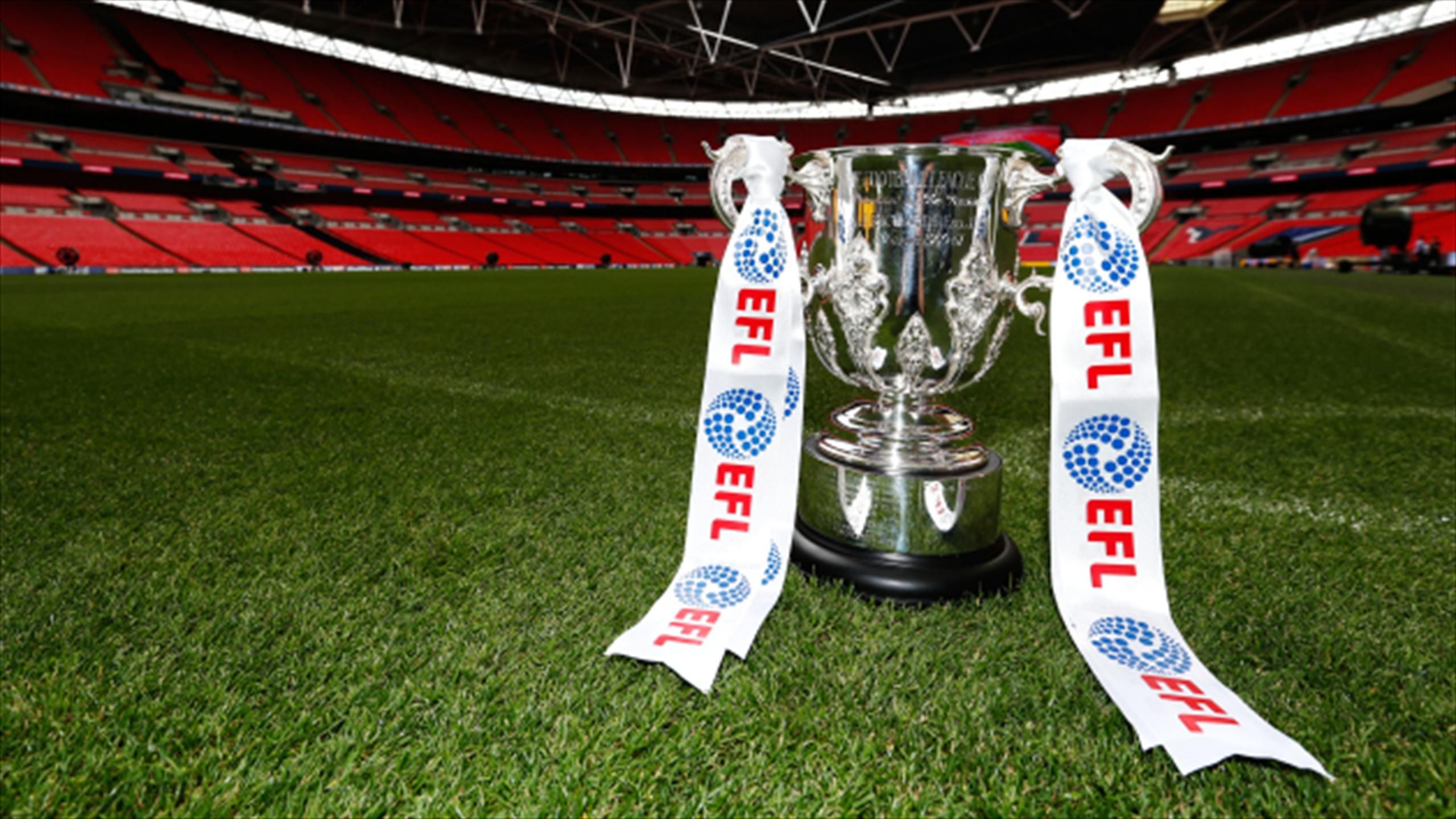
EFL introduce new rules that will impact Leeds United, Sheffield Wednesday, Huddersfield Town, Middlesbrough, Barnsley FC, Bradford City and more
In an official announcement, the EFL have confirmed clubs will no longer be permitted to use towels or other articles to dry footballs during matches. The practice of drying balls has previously been carried out regularly by players capable of launching long throws into the box.
A ‘multiball’ system will also be introduced, involving the placing of match balls on cones in designated areas to help increase the time the ball spends in play.

A new regulation has also come into effect regarding insolvency. Any club and proposed officeholders in any potential insolvency will be required to meet with the league to ensure ongoing obligations of the club can be met during the insolvency period. The EFL has also amended the definition of an insolvency event to ensure the new concept of a ‘Restructuring Plan’, as referenced in the Corporate and Insolvency Governance Act 2020, is included.
Clubs in League One and Two will now also be required to submit their Future Financial Information (FFI) by April 30, rather than March 31, each year. A change has also been made regarding HMRC reporting – clubs must now report any defaults within two working days and Regulation 17.1 includes all debts due to HMRC.
In addition, the non-payment of HMRC debt has been added as a trigger of Regulation 52.6. This means clubs who accumulate 30 days of late payments in a 12-month period will be unable to sign a player for a fee or any consideration for three full transfer windows.
The amendment to the 30-Day Rule also provides for EFL clubs to self-report late payment of debt covered by Regulation 52.6, plus a right of appeal for clubs triggering the 30-Day Rule.
New disqualifying conditions have also been added to the Owners and Directors’ Test (OADT) to ensure tests carried out by the EFL and Premier League remain aligned. The list of disqualifying conditions now includes:
– Disqualifying individuals who are subject to sanctions

– Prohibiting ownership by state entities from countries which are sanctioned
– Second (or further) bankruptcies/convictions/bans, even if expired or spent
– Convictions for violent offences
– Convictions for fraud of any kind
– Disqualification for wider corporate insolvencies
– Disqualifications by a wider range of Government bodies
– Having been removed as a trustee of a pension scheme by the Pensions’ Regulator or the Courts
– Expulsion of sporting clubs in other sports (eg. Rugby) as the League does for football clubs
-Expanding the period in which insolvency of a company/club counts against a director who has resigned from 30 days to one year
– Reducing the definition of Control from 30% to 25%
More information can be found on the [EFL website]







